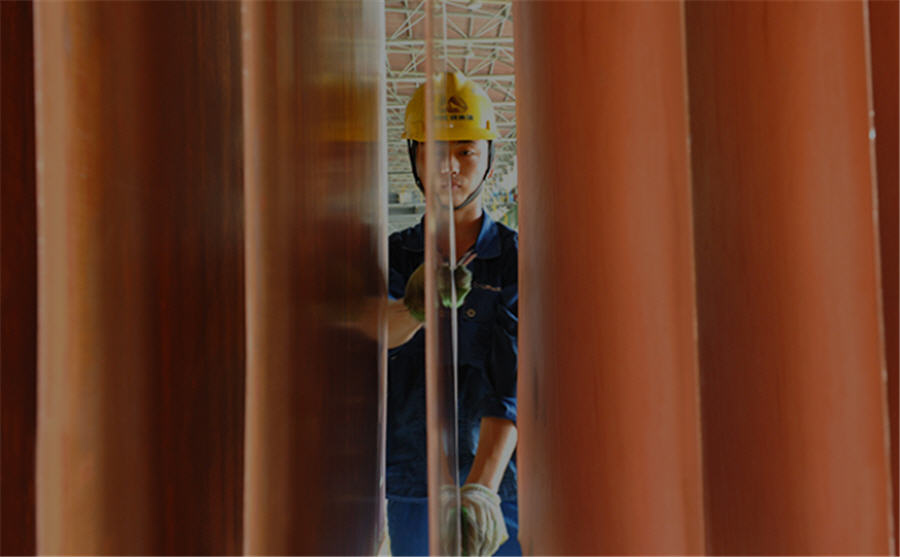Chinese copper smelters look to mine investment to secure supply

SHANGHAI – Chinese copper smelters are looking to make more investments in mines, pushing to shore up supply of concentrate at a time when competition for the raw material is heating up, industry executives said on Wednesday.
China is the world’s biggest consumer of the metal but its own copper mine production has been stagnating amid a broad crackdown on pollution, exacerbating a heavy reliance on imports.
More direct tie-ups with mines would diversify smelters’ sources of supply, as well as potentially giving them more sway in annual supply negotiations with BHP and Freeport-McMoRan Inc.
Taking a stake in a miner or offering capital in return for supply could also eat into the business of global trading houses.
“In terms of strategic planning for the future … I think our focus would be on shares in the capital of the upstream companies,” said Xu Yuanfeng, general manager of the trading business unit of Jiangxi Copper Co , one of China’s biggest copper smelters.
“We are going to work with copper mines and funds so we can secure our own supply,” he told the Asia Copper Conference in Shanghai.
Jiangxi Copper is signing more contracts to source concentrate from miners directly, while the “proportion of our contracts with traders is going down”, Xu said.
“Our supply of copper concentrate is … being strained in terms of lower grades and greater demand from our smelting business, but we are looking to improve our supply structure, for example (using more) scrap, so we don’t have to depend so much on concentrate.”
He did not elaborate on where China, which has been cracking down on scrap copper imports, would source the material.
Qi Zhigang, executive vice president of private smelter Shandong Xiangguang Group, which uses 100-percent copper concentrate and no scrap to make refined copper, said his firm was also looking to deal with copper mines directly.
“Another strategy would be to go further upstream, maybe capital-linked or advance payment-linked supply lines that could optimise our supply chain to reduce risk for smelters,” he said.
“I think our relationship is going to evolve from one that is purely based on trade to one that is based on capital investment and long-term investment.”
Xiangguang is looking at potential investment in mines in South America, Europe and some African countries with stable political environments, Qi told Reuters on the sidelines of the conference.
(By Tom Daly and Melanie Burton; Editing by Joseph Radford)
{{ commodity.name }}
{{ post.title }}
{{ post.date }}




Comments